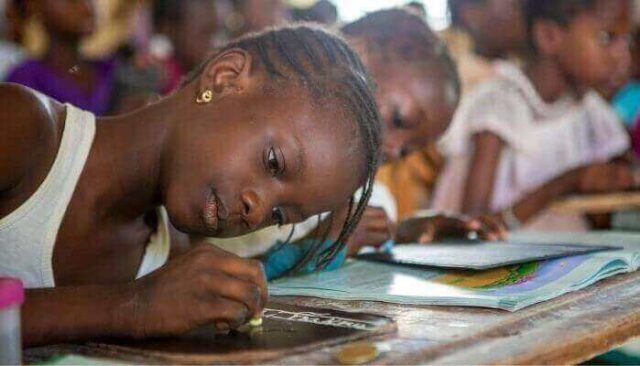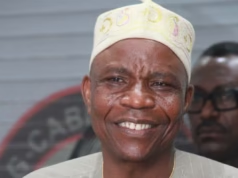On 9 September 2025, Nigeria joined the world to mark the International Day to Protect Education from Attack (IDPE). The annual event, first established by the UN in 2020, is meant to remind governments and communities that classrooms should never be war zones. This year’s theme, “Challenging Narratives, Reshaping Action,” resonates deeply in Nigeria, where repeated assaults on schools have left scars on children, families, and the nation’s future.
Nigeria’s message was clear: protecting schools is no longer a matter of debate—it is a matter of survival.
Table of Contents
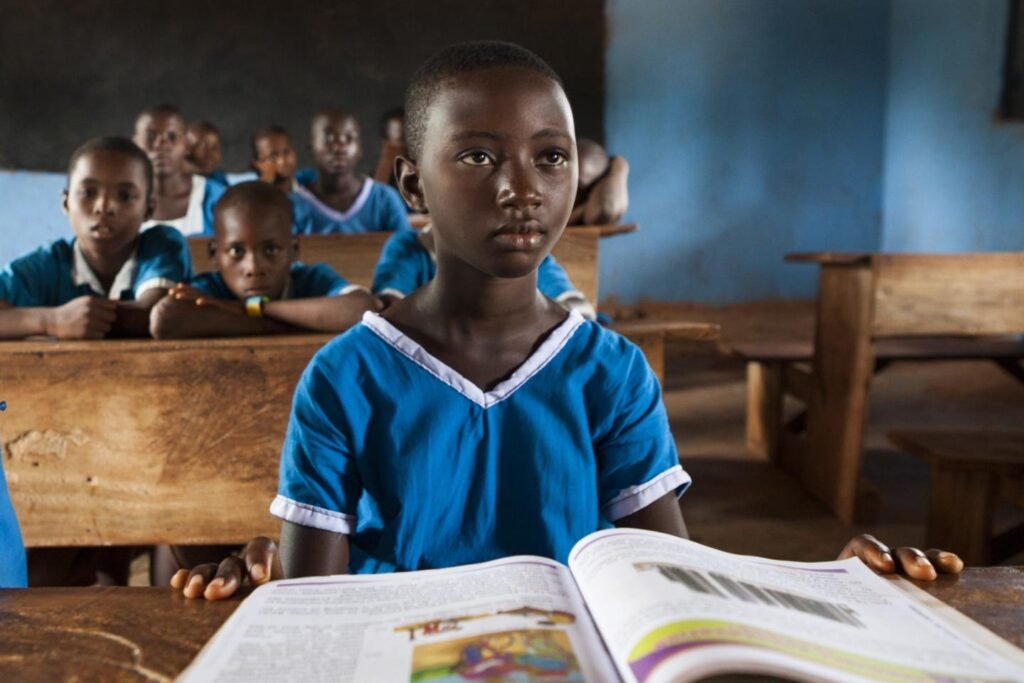
Rising Attacks on Schools and the Heavy Price Paid
The UN reports a disturbing 44% rise in global attacks on schools in just the past year. For Nigeria, the figures are not just statistics; they are painful memories that continue to haunt communities.
From Chibok in 2014, where 276 schoolgirls were abducted, to more recent kidnappings in Dapchi, Kankara, Jangebe, and Tegina, the nation has witnessed wave after wave of attacks targeting education. Each incident left behind broken families, traumatised children, and communities fearful of sending their young ones to school.
Between 2014 and 2022, at least 70 attacks were recorded on Nigerian schools, leading to the abduction of 1,683 learners. Behind each number is a child who has lost precious moments of learning, a teacher forced to choose between safety and duty, and a parent confronted with the impossible choice of whether education is worth the risk.
Sadly, fear itself has become a barrier to schooling. Parents in conflict-prone areas, particularly in Northern Nigeria, often prefer to keep their children at home rather than expose them to potential violence.
Out-of-School Children: A National Emergency
Nigeria already faces one of the world’s worst education crises. UNICEF estimates that 18.3 million Nigerian children are out of school, with the northern states carrying the heaviest burden. Former university administrators warn that nearly 80% of these children are in the North, a region already struggling with poverty, insurgency, and poor infrastructure.
State-level data is staggering:
- Kano – 1.89 million out-of-school children
- Katsina – 1.4 million
- Bauchi – 1.37 million
- Kebbi – 1.06 million
These numbers are not just education challenges—they are a looming social crisis. A child denied education today is more likely to fall into poverty, exploitation, or even violent extremism tomorrow. In a country where over half the population is under 18, leaving millions of children outside the classroom weakens the very foundation of national development.
Education, when safe, has the power to lift communities out of hardship. But when schools themselves become targets, the ripple effects extend far beyond the classroom—affecting economic growth, public health, and even national security.
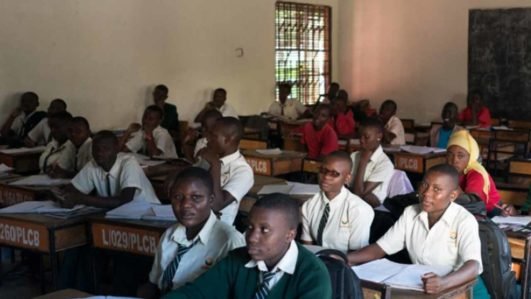
Turning Promises into Real Protection
Nigeria is a signatory to the Safe Schools Declaration, a global commitment to protect learners, teachers, and educational institutions during conflict. But critics argue that pledges mean little if they do not translate into real protection on the ground.
Experts and advocates are calling for practical steps:
- Fortifying vulnerable schools with fences, secure gates, and safe perimeters.
- Deploying trained school security personnel, supported by rapid-response networks.
- Creating early-warning systems to detect and respond to threats quickly.
- Providing psychosocial support for children and teachers affected by violence.
- Rebuilding damaged schools while ensuring teachers receive fair pay and safe working conditions.
- Prosecuting attackers to end the culture of impunity.
For too long, school attackers have acted without fear of consequences. Enforcing justice is one of the strongest deterrents Nigeria can offer. At the same time, government and civil society must ensure that security measures do not intimidate learners or turn schools into prisons. Protection should empower, not frighten.
A Shared Responsibility for Nigeria’s Future
As this year’s IDPE reminds us, education is not a privilege—it is a lifeline. Protecting it is not the job of government alone. Communities, parents, traditional rulers, and civil society groups all have roles to play.
Parents should no longer be forced into the painful choice of sending a child to school or keeping them safe at home. Teachers deserve the dignity of teaching without fearing for their lives. And learners must be free to walk into their classrooms with curiosity, not dread.
The call to action is urgent:
- Government must allocate transparent funding for school safety and track results.
- Communities must support schools, reporting threats early and working with authorities.
- Civil society and media must keep the spotlight on accountability, ensuring promises are not forgotten after commemorations.
Education has always been Nigeria’s strongest weapon against poverty and insecurity. If schools remain unsafe, the country risks deepening cycles of violence and underdevelopment. But if they are protected, every child can become a force for peace, innovation, and national growth.
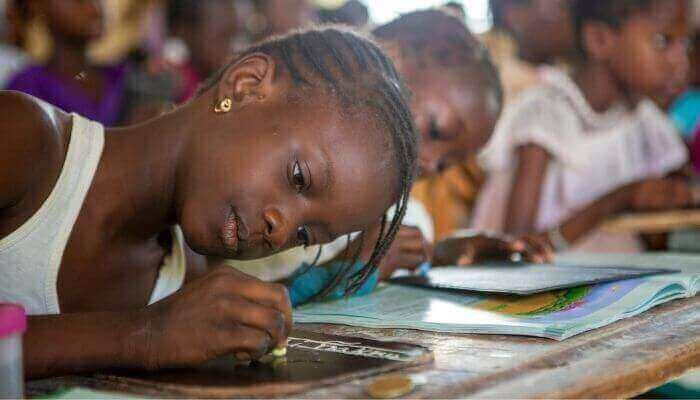
Conclusion: Securing Learning, Securing the Nation
The International Day to Protect Education from Attack is not just another date on the global calendar. For Nigeria, it is a reminder of lives lost, opportunities destroyed, and futures stolen. But it is also a chance to recommit—to transform fear into resilience, pledges into protection, and statistics into stories of hope.
Nigeria strengthens school protection for education not only to save children today but to safeguard the nation’s tomorrow. Protecting schools is more than security—it is about preserving the heartbeat of the country.
The challenge is real, but so is the possibility. If we act with urgency, transparency, and determination, classrooms can once again become the safe havens they are meant to be.
Join Our Social Media Channels:
WhatsApp: NaijaEyes
Facebook: NaijaEyes
Twitter: NaijaEyes
Instagram: NaijaEyes
TikTok: NaijaEyes
READ THE LATEST EDUCATION NEWS


